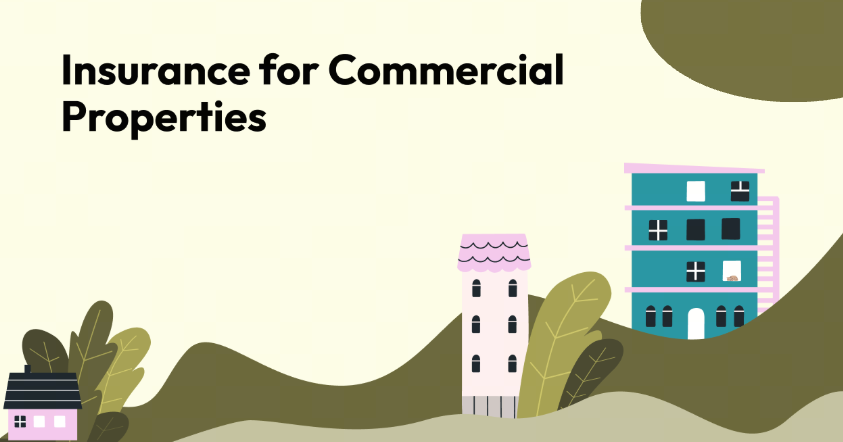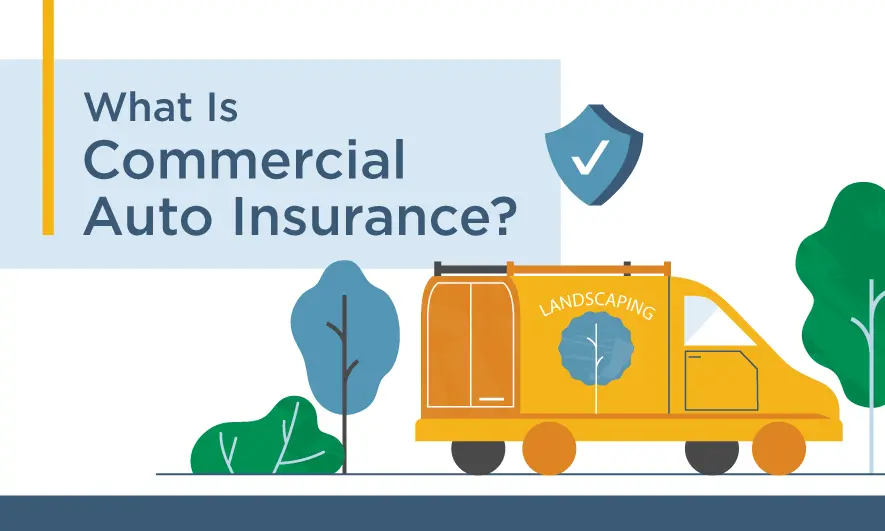
What Is Commercial Apartment Property Insurance?
Commercial apartment property insurance is a type of policy that provides financial protection for owners of multi-family properties, such as apartment buildings or complexes. This insurance typically covers damages to the structure, liability protection, and loss of rental income.
- Property Protection: Covers the physical building against damage caused by fire, storm, vandalism, and more.
- Liability Coverage: Protects you from legal claims arising from injuries or damages to tenants and visitors.
- Loss of Income: Compensates for lost rental income if the property becomes uninhabitable due to a covered event.
Types of Commercial Apartment Property Insurance Coverage
Understanding the types of coverage within a commercial apartment policy is key to ensuring you're adequately protected. The most common types include:
1. Property Damage Coverage
This insurance covers damage to the physical structure of the apartment building. Whether due to fire, flooding, or vandalism, property damage coverage helps you rebuild or repair.
- Fire and Lightning: Covers fire damage caused by lightning or electrical malfunctions.
- Storm Damage: Protects against damage from severe weather, including tornadoes, hurricanes, and hailstorms.
- Vandalism and Theft: Helps recover from criminal acts like burglary or malicious property damage.
2. Liability Coverage
Liability coverage protects the property owner in case of accidents on the premises. For example, if a tenant or visitor is injured in the building, liability coverage may cover legal fees, medical expenses, and other related costs.
- Slip and Fall Incidents: If someone slips and falls due to a hazard on the property, liability insurance can cover the resulting medical bills and legal costs.
- Property Damage: Covers incidents where a tenant’s personal property is damaged by issues like faulty plumbing or structural issues.
3. Loss of Rent Coverage
If the property becomes uninhabitable due to a covered event, loss of rent coverage compensates for the lost rental income during repairs.
- Natural Disasters: Earthquakes, floods, or hurricanes can render the property temporarily unusable.
- Fire or Structural Damage: In the event of significant damage to the building, this insurance ensures you don't lose income while repairs are made.
4. Tenant Default Insurance
Tenant default coverage helps property owners recover from losses caused by tenants who fail to pay rent or break the lease contract. This is especially useful in multi-family residential buildings.
- Eviction Costs: Covers legal fees and other costs involved in evicting a tenant who defaults on their rental payments.
- Rent Collection: Provides financial protection if tenants don't pay their rent, reducing financial strain on property owners.
How Much Does Commercial Apartment Property Insurance Cost?
The cost of commercial apartment property insurance can vary widely depending on several factors, including the size of the building, location, and the types of coverage selected. On average, owners can expect to pay anywhere from $500 to $5,000 per year for basic coverage.
Factors That Impact Insurance Costs
- Building Location: Properties located in areas prone to natural disasters (flood zones, earthquake-prone areas) often require higher premiums.
- Building Age and Condition: Older properties or those in poor condition may be more expensive to insure due to the higher risk of damage.
- Coverage Limits: The more comprehensive the coverage (e.g., loss of income, tenant default), the higher the premium.
- Building Size: Larger buildings with more tenants usually cost more to insure.
- Claims History: A history of frequent insurance claims may result in higher premiums.
Common Exclusions in Commercial Apartment Property Insurance
While commercial apartment property insurance provides extensive coverage, there are some exclusions to be aware of. Common exclusions include:
- Flood Damage: Most commercial property policies exclude flood coverage. Separate flood insurance may be necessary if your property is in a flood-prone area.
- Earthquakes: Standard policies typically don’t cover earthquakes. You may need additional coverage for this risk.
- Wear and Tear: General maintenance issues and wear and tear are typically not covered under most policies.
Choosing the Right Commercial Apartment Property Insurance Policy
Selecting the best commercial apartment property insurance requires assessing your unique needs and risks. Here are some tips for choosing the right policy:
- Understand Your Risks: Evaluate the location, age, and condition of your property to determine the level of risk.
- Assess Coverage Needs: Ensure your policy covers property damage, liability, and income loss to avoid financial setbacks.
- Compare Quotes: Shop around for quotes from multiple insurers to find the best policy at the most competitive rate.
- Consider Bundling: Many insurance providers offer discounts when you bundle commercial property insurance with other business policies, such as general liability insurance.
Commercial Apartment Property Insurance Comparison Chart
| Insurance Type | Coverage | Ideal For | Average Cost |
|---|---|---|---|
| Property Damage Coverage | Physical structure damage | All commercial apartment owners | $500 - $3,000/year |
| Liability Coverage | Injury or accident claims | Multi-tenant buildings | $500 - $1,500/year |
| Loss of Rent Coverage | Lost rental income | Properties in high-risk areas | $500 - $2,500/year |
| Tenant Default Insurance | Rent payment issues | Landlords with tenants at risk | $300 - $1,000/year |
Conclusion
For commercial apartment property owners, insurance is not just a legal requirement—it's a crucial component of financial protection. Whether you're looking for coverage for property damage, liability protection, or loss of rental income, understanding the options available in 2025 will ensure you make an informed decision.
By choosing the right commercial apartment property insurance policy, you safeguard not only your investment but also your tenants and your income stream. Take the time to assess your property’s needs, compare insurance quotes, and secure the coverage that provides comprehensive protection for your building and your business.



